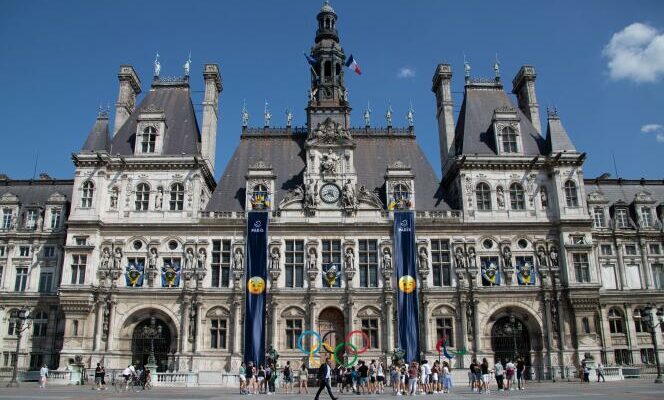It was announced for the end of 2023, then for the beginning of 2024. The bill from Renaissance deputies aimed at modifying the municipal voting method in Paris, Lyon and Marseille (known as the “PLM” law), however, continues to fall behind schedule. Certainly, there is no emergency (yet). The objective of Macronist elected officials is to set new rules to reform the exceptional electoral status of the three largest cities in France at least one year before the municipal elections of 2026. Knowing that the current mandate of municipal elected officials ends in June 2026, the presidential majority gives itself “February 2025” as a deadline.
Officially, work is progressing well. During his press conference on January 16, didn’t Emmanuel Macron, for the first time, endorse the project of the elected officials of his camp? “The only thing I want for Paris is that a voter can have the same rights and count as much in Paris as in Amiens, Besançon, or elsewhere”declared the Head of State, expressing the wish that “the government and Parliament can decide on an in-depth reform of the “Paris-Lyon-Marseille” law to return to common law.”
In reality, the promised bill is slow to see the light of day because the small group of Parisian deputies working on it (Sylvain Maillard, president of the group in the National Assembly, David Amiel and Benjamin Haddad) ultimately think that we cannot change the voting method without“articulate with the question of skills”. And therefore it is appropriate to await the conclusions of the mission on decentralization currently led by the Renaissance MP for Oise, Eric Woerth, at the request of Mr. Macron.
Until now, the tasks were well distributed: the three Parisian elected officials had to be responsible for preparing the text reforming the voting method of the three largest cities in France. And for his part, Eric Woerth was responsible for looking into the crucial question of institutions, powers, and in particular the role of district mayors.
Same electoral weight for each vote
Finally, at the Elysée as with Mr. Woerth, we consider it more logical to treat all these subjects at the same time. In recent weeks, during the consultations they carried out to rally support, Sylvain Maillard, David Amiel and Benjamin Haddad realized that most local elected officials were of the same opinion. This is a sine qua non condition for many Parisian district mayors, particularly among Les Républicains (LR). But this is also the case for Renaissance elected officials: “I do not vote for a text if there are no commitments on skills”warns Lionel Royer-Perreaut, deputy for Bouches-du-Rhône, former mayor of 9e and 10e districts of Marseille.
You have 58.52% of this article left to read. The rest is reserved for subscribers.
